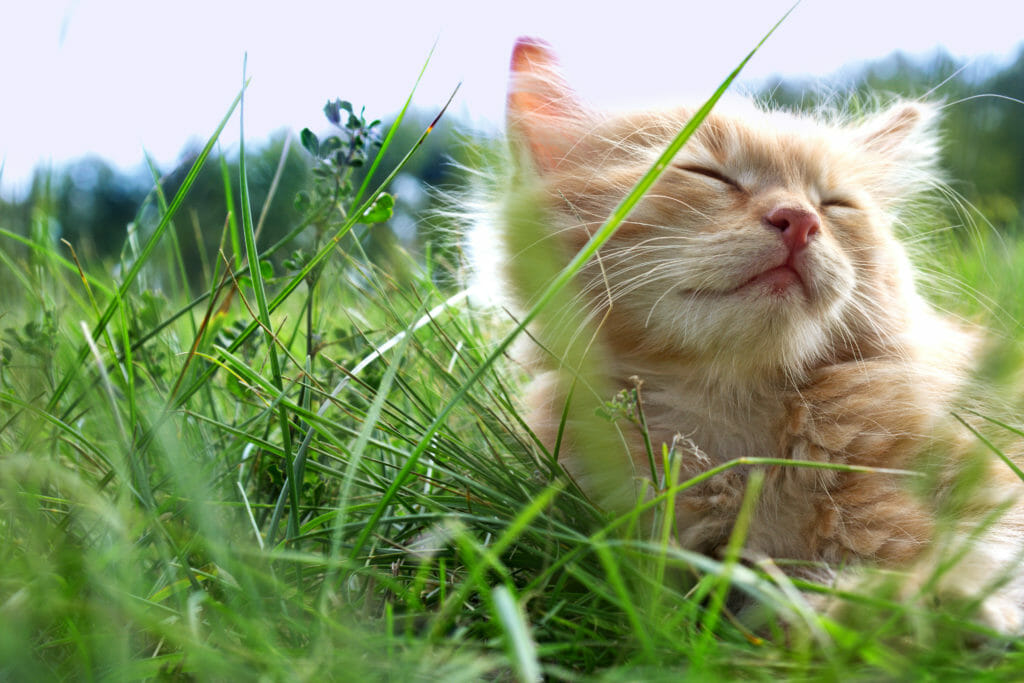Patients with Addison’s disease are usually younger dogs (cats can get the disease however it is rare). Female dogs are affected twice as often as males, and the standard poodle and bearded collie seem to have a predisposition to the disease.
Animals that are affected have a deficiency of corticosteroid hormones produced by the adrenal gland. These hormones are responsible for the body’s ability to react to stress (“fight or flight”, mechanics of sugar, fat, and protein metabolism, and influence certain electrolytes. Without these hormones, even the small stresses can lead to physiologic disaster).
Signs of Addison’s disease are somewhat vague and can look like many other disease processes. Listlessness, possibly vomiting and diarrhea – not “acting like themselves”. Eventually, the disease results in what’s known as an Addisonian crisis. Typically, the animal collapses due to shock as their body is unable to adapt to the caloric and circulatory requirements that come with stress. Their blood sugar may be dangerously low; electrolytes are abnormal, regurgitation may be present and possibly a low heart rate accompanied by an arrhythmia. Unfortunately, some animals may not survive this.
About 30% of dogs with Addison’s disease are diagnosed at the time of a crisis
Treatment options include aggressive IV fluid therapy, bloodwork, steroids and stabilization. The only definitive test for Addison’s is the ACTH stimulation test. The patient receives a dose of ACTH (a hormone responsible for the release of corticosteroids in times of stress). The lack of response to this injection is diagnostic for Addison’s. Once diagnosed, the patient is placed on hormone-replacing medication (i.e. Florinef, Percorten-V) and follow up appointments/ bloodwork are required.
Written by Kim MacAskill, RVT





